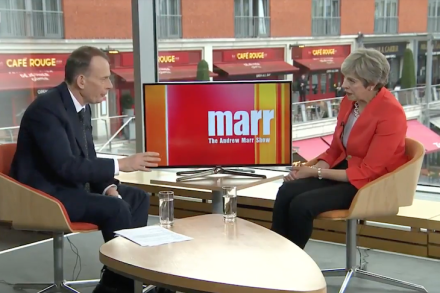Emily Thornberry’s speech shows why Team Corbyn went cold on a female deputy
For those wondering why exactly Labour vetoed plans for a new female deputy leader this morning over fears the role could undermine Jeremy Corbyn, look no further than Emily Thornberry’s conference speech. This afternoon, the shadow foreign secretary offered a pretty good explanation as to why Corbyn’s allies had become nervous about the idea of promoting a woman to second in command. Fresh from talking movingly about her backstory in a fringe event (Isabel reports on part 1 of Thornberry’s leadership launch here), Thornberry gave her boss a run for his money with a crowd-pleasing – at times barnstorming – speech which neatly set out the clear blue water between


















